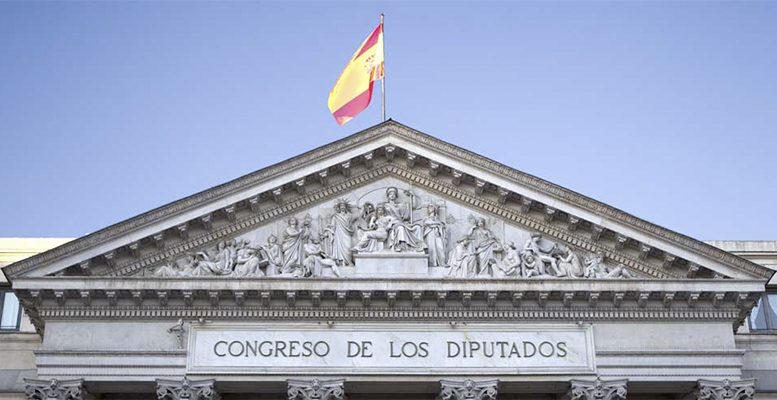The Congress will have to vote on more than forty bills this coming session. These are important laws for the executive branch, ranging from the reduction of the working day to the response to tariffs, and evictions for vulnerable families… all while the 2026 General State Budgets—Spain is currently operating with the 2023 budget from the previous legislature—remain up in the air.
Support from Congress for the 44 bills currently in progress is uncertain, and everything seems to indicate that the Government will face more than one refusal from its partners on laws such as the reduction of the working day, the reform to make pensions compatible with a job, the Intern Statute, or the Industry Law.
Both the Popular Party and Vox are expected to vote against a good number of projects, and the Government’s partners also do not seem willing to back it unless it fulfills the commitments made to them during the investiture. The president of ERC, Oriol Junqueras, for example, has already conditioned his support for the Government on the implementation of a unique financing model for Catalonia, a project that is difficult to pass as it would subtract up to €24 billion annually from the State’s coffers. Another crucial partner, Podemos, considers the legislature to be “dead” and is already signaling its refusal to facilitate the approval of some of these laws.
The final blow to the Government could come if the Congress of Deputies rejects the 2026 General State Budgets (PGE) bill in the coming months, which Pedro Sánchez has finally committed to presenting. Podemos attributes this commitment to a strategy by the Socialist Party to call for general elections next year under the excuse of parliamentary gridlock.





